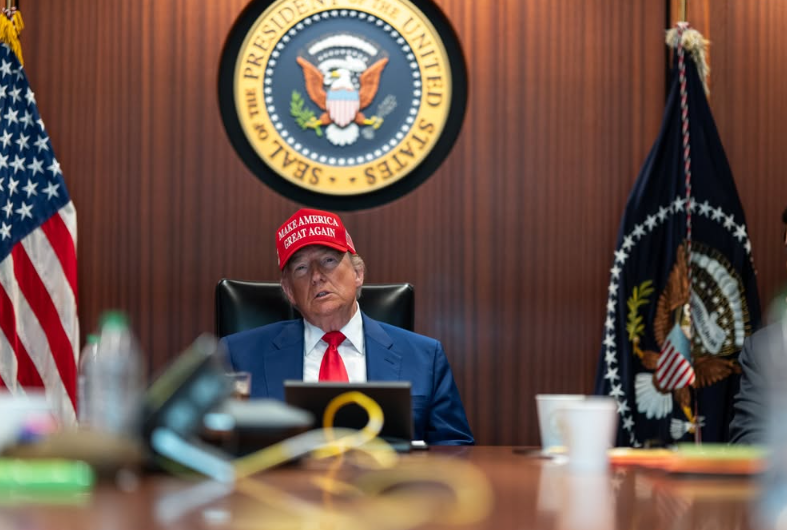Settlement or Surrender? Columbia’s $220 Million Deal with the Trump Administration
Input
Modified
Columbia agrees to pay over USD 220 million to regain federal funding. The university implements sweeping reforms on protests, DEI, and academic oversight. The agreement sets a precedent many academics view as political coercion.
In July 2025, Columbia University reached a landmark settlement with the Trump administration to resolve probes over campus antisemitism and protest management, paying over USD 220 million to restore research funding. The deal, hailed by supporters as pragmatic and condemned by critics as a capitulation, ushers in rigorous government oversight of admissions, curriculum, and protest policies. As the dust settles, the shadow it casts extends across American higher education, signaling a new era where federal influence may shape campus culture.

From Dispute to Deal: Settlement Details and Institutional Repercussions
So, the most prominent university in New York City gave in. Columbia’s settlement mandates a payment of roughly USD 200 million to the U.S. Treasury and USD 21 million paid to Jewish staff affected during campus protests, in exchange for the restoration of grants paused in March, a decision that threatened to strip over USD 1 billion in federal funding. The Trump administration also demanded disciplinary reforms, including mask bans during protests, centralized disciplinary authority, the elimination of DEI programs, and the academic reshuffling, particularly of Middle Eastern studies. Acting President Claire Shipman defended the agreement, insisting it protects Columbia’s autonomy over hiring and curricula. Critics, including faculty members like David Pozen, labeled the deal an enforced “shakedown.” That is because some argue that Colombia traded moral integrity for financial stability.
A Template for the Future? The Columbia Deal as a National Precedent
The deal with Columbia University can become the model for Trump’s attempt to reshape higher education. If interpreted as a prototype, this agreement could create a roadmap for similar federal actions at other universities, especially Harvard, which continues its legal fight to preserve both funding and independence. Education Secretary Linda McMahon praised Columbia’s compliance and used it as an example to urge Harvard and others to follow suit. This pressure is intensifying defections from DEI and race-conscious admissions practices. Civil rights advocates warn this pattern could erode institutional neutrality, turning higher education into a battlefield of ideological enforcement.

Higher Ed at a Crossroads: Reform, Crisis, or Federal Overreach?
Advocates claim that Trump helps reveal the higher education crisis. If it works well, it may reform what has been poorly done. I'm not sure if it will. At its core, the crisis isn't just about protests; it’s about control. Observers question whether Columbia retained genuine autonomy under the microscope of an external monitor charged with reviewing admissions, curriculum balance, and hiring metrics. Critics argue that the oversight opens the door to ideological intervention, thereby undermining faculty governance and academic freedom. The Columbia settlement risks becoming a constitutional test case: will universities continue to serve as independent spaces of inquiry or become subjects to partisan compliance?
Columbia’s agreement marks a high-water mark in federal influence over university governance. While the deal salvages vital research funding and keeps academic operations afloat, it also sets a precedent: institutions may be compelled to abandon core values to avoid catastrophic financial consequences. Whether this is pragmatism or capitulation, it crystallizes the reality that higher education now operates under the direct influence of political power, and that autonomy may be its most endangered commodity.














Comment